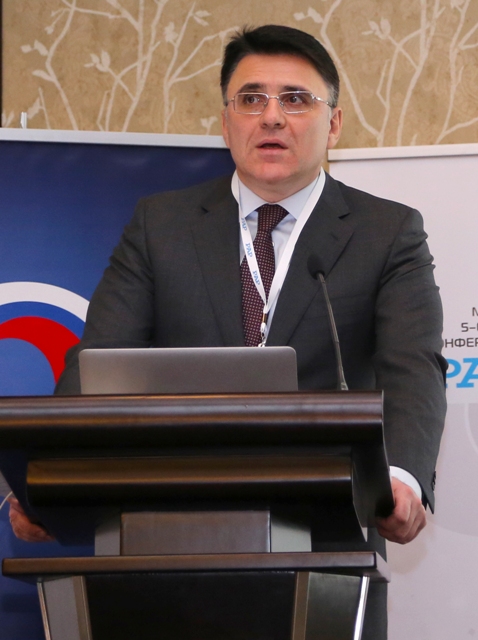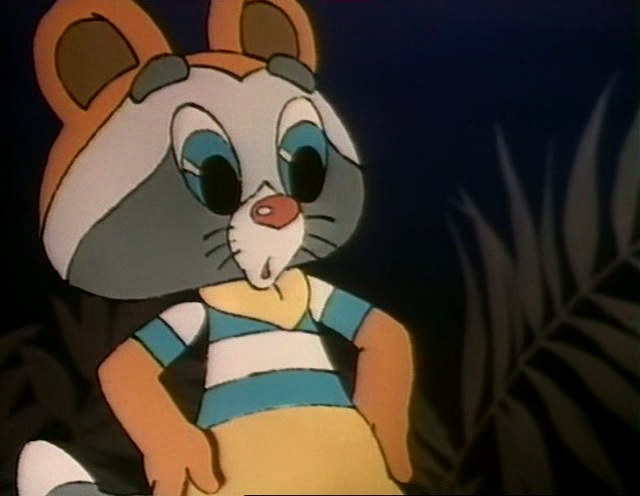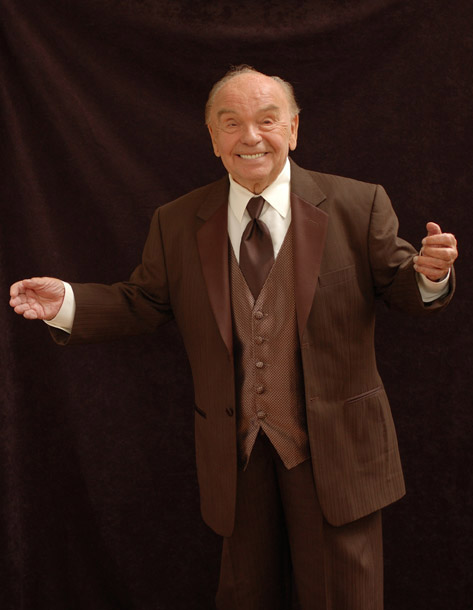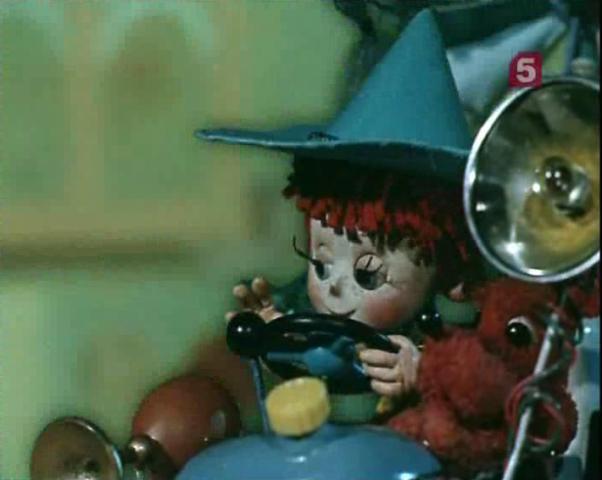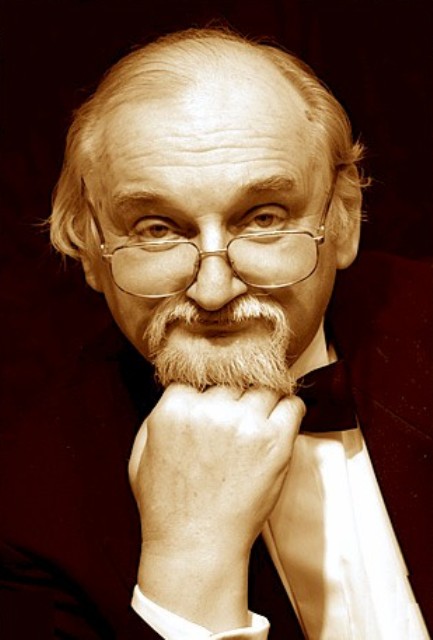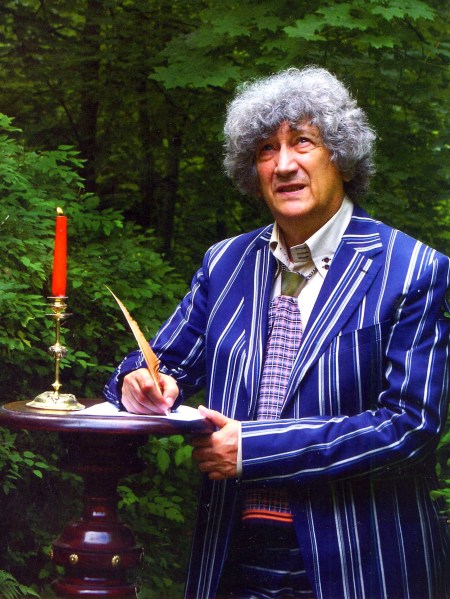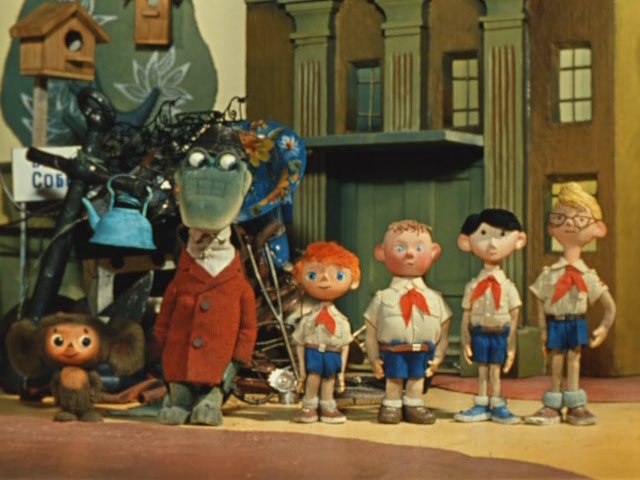Children's songs in the Soviet Union
English > Context > Music > Children's songs
The Soviet Union had two inexhaustible sources for children's songs: on the one hand, hundreds of songs were written for the Young Pioneers, which they sang at their camps and in the schools. On the other hand the many animated films produced in the Soviet Union resulted in a wealth of memorable melodies. On this page you will find an opinionated selection of your webmaster from the vast range.
Let the Bonfire Flare Up
In his memoirs, the Soviet poet Aleksandr Alekseevich Zharov (1904-1984) describes how, at a meeting of the Central Committee of the Komsomol in 1922, Lenin's wife Nadezhda Konstantinovna Krupskaya (1869-1939) suggested the idea of creating a revolutionary song. Zharov got two weeks to write the lyrics. His friend, novelist Dmitri Andreevich Furmanov (1891-1926), to whom he had asked for advice, suggested him to use an existing melody. The whole company went to the Bolshoi Theatre in Moscow to watch the opera Faust by Charles Gounod (1818-1893), in which they were attracted by the march Gloire immortelle de nos aïeux - also known as March of the Soldiers. Sergey Fyodorovich Kaydan-Deshkin (1901-1972), a student at the music academy and member of the Komsomol, was assigned to adapt the music of Gounod in such way that it could be played by the horns on the camps of the Young Pioneers. And so arose Взвейтесь кострами [Vzveytes kostrami] or Set up the bonfires, the first pioneer song in the Soviet Union. Here you can hear how it is sung by the Choir of the House for Children of Railway Workers.
Choir HCRW - Set up the bonfires
Let the Sun Always Shine
Пусть всегда будет солнце! [Pust svegda budet solntse] or Let the Sun Always Shine! was a very popular children's song from 1962, written by composer Arkady Ilyich Ostrovsky (1914-1967) on a text by Lev Vasilievich Osyanin (1912-1996). According to the popular children's poet Korney Ivanovich Chukovsky (1882-1969), the song was based on a chorus that was already written in 1928 by the then four year old Kostya Barannikov. At the Young Pioneers the song was sung as an ode to peace, and it remained popular after the collapse of the Soviet Union, though the title is now Солнечный круг [Solnechny bar] or Sunshine.
Tamara Myansarova - Let the Sun Always Shine
The Smile
The short cartoon Крошка енот [Kroshka enot] or The Little Raccoon was realized in 1974 by director Oleg Dmitrievich Churkin (1922-1995). The little raccoon from the title passes some anxious moments, but then learns from his mother that many difficult moments can be avoided or solved with a smile. The film ends with a chorus of the song Улыбка [Ulybka] or The Smile. It was composed by Vladimir Yakovlevich Shaynsky (°1925) on a text written by Mikhail Spartakovich Plyatskovsky (1935-1991).
The Little Raccoon - The Smile
Man is a Dog's Friend
The cartoon Бобик в Гостях у Барбоса [Bobik v gostyakh u Barbosa] or Bobik visiting Barbos was made by director Vladimir Ivanovich Popov (1930-1987) in 1977, after a story by Nikolay Nikolaevich Nosov (1908-1976). Bobik means Bobby and Barbos is Russian for mutt. The music for this film was written by Vladimir Konstantinovich Komarov (°1940) on lyrics written by Mikhail Nisonovich Libin (1939-2004). The song Человек собаке друг [Chelovek sobakye drug] or Man is a Dog's Friend was very popular.
Bobik and Barbos - Man is a Dog's Friend
The Grasshopper
Nikolay Nikolaevich Nosov, who was already mentioned above as the author of Bobik and Barbos, was also the author of the trilogy Приключения Незнайки [Priklyucheniya Neznayki] or The Adventures of Neznayka. Neznayka could be called Dunno in English, since it comes from не знаю [ne znayu] or I don't know. Neznayka is a small boy with a big blue hat. He lives in a small world with many characters. The stories are very educational, they are a plea for honesty, courage and perseverance, and disapprove cowardice, arrogance and mendacity. Other underlying propagated values are political equality, feminism and communism. The first story is set in a Soviet city, the second in a communist utopia, and the third is a satire on capitalism.
The first book was published in 1953. In the period 1971-1973 the ten-part TV series The Adventures of Neznayka and his Friends was made by different directors. The songs are written by composer Vladimir Yakovlevich Shaynsky (°1925), who also wrote music for The Little Raccoon. A popular song was Кузнечик [Kuznechik] or The Grasshopper with lyrics by author Nikolay Nikolaevich Nosov himself.
Neznayka and his friends - Kuznechik
Nothing On Earth Is Better
In 1969, director Inessa Alekseevna Kovalevskaya (°1933) made the first of a series of cartoons Бременские музыканты [Bremenskiye muzykanty] or The Town Musicians of Bremen, loosely based on the fairytale by the brothers Jacob (1785-1863) and Wilhelm Grimm (1786-1859).
This series was quite romantic, but was strongly influenced by the hippie subculture of the 60s and was therefore severely criticized by the Soviet leadership. Inessa Kovalevskaya was accused of incompetence and was alleged to be under a «corrupting influence of the West». Natalya Ilyinichna Sats (1903-1993), founder of the Children's Music Theatre in Moscow, who had been in labour camps in Siberia for five years herself, but who was later rehabilitated, said she was very upset about the fact that this film could have been made. The fact that 28 million albums of The Town Musicians of Bremen were sold, and the total work of composer Tikhon Nikolaevich Khrennikov (1913-2007), only made 3 million, was a clear proof of the collapse of the country according to her. For your information: Tikhon Khrennikov to whom Sats referred, was the first secretary of the Union of Soviet Composers and deputy in the Supreme Soviet. For 44 years - from 1948 to 1992 - he watched the works of his fellow musicians very strictly to see if they were in line with the Soviet ideology.
Composer Gennady Igorevich Gladkov (°1935) and lyricist Yuri Sergeevich Entin (°1935) wrote the songs, of which Ничего на свете лучше нету [Nichevo na svetye lushche netu] or Nothing On Earth Is Better became very popular. In the film the song was sung by Oleg Andreevich Anofriyev (°1930).
Oleg Anofriyev - Nothing On Earth Is Better
Tell me, Snegurochka
The aforementioned duo Gladkov-Entin also wrote the music for another animated series, Ну, погоди! [Nu, pogodi!] or Well, you wait! The title refers to the regularly recurring cry of the character Волк [Volk] or The Wolf, who constantly tries to catch Заяц [Zayats] or The Hare. Both in terms of stories and in terms of the animation this series, which was created in 1969 by director Vyacheslav Mikhailovich Kotyonochkin (1929-2000), showed many similarities to the Tom and Jerry cartoons which William Hanna (1910-2001) and Joseph Barbera (1911-2006) made from 1940 to 1957 for Metro-Goldwyn-Mayer.
For the eighth episode, set in the period of Новый год [Novy God] or New Year, Gladkov and Entin wrote the song Расскажи, Снегурочка [Rasskazhi, Snegurochka] or Tell, Snegurochka.
Snegurochka or The Snow Girl is a Russian fairy tale character of which different versions have existed over time. Today she is best known as the granddaughter of Дед Мороз [Ded Moroz] or Grandfather Frost, who is the Russian version of Santa Claus.
The song Tell me, Snegurochka is sung in the film by Klara Mikhailovna Rumyanova (1929-2004) and Anatoly Dmitrievich Papanov (1922-1987).
K. Rumyanova and A. Papanov - Tell me, Snegurochka
Crocodile Gena
A popular character in the rich tradition of animated films from the '60s and '70s the Soviet Union was Крокодил Гена [Crocodile Gena]. Gena works in the zoo as a crocodile and enjoys playing harmonica. Her bosom friend is the bear-like creature Cheburashka. One of the most famous songs is The Song Of Crocodile Gena, composed by Vladimir Yakovlevich Shaynsky (°1925) with lyrics by poet Aleksandr Lavrovich Timofeevsky (°1933). In the film, the song is sung by Vasily Borisovich Livanov (°1935). It's an unconventional birthday song of which the line К сожаленью день рожденья Только раз в году [K sozhalenyu den razhdenya tolko raz v godu] or It is a pity that your birthday ie only once a year is still sung by many children.
Vasily Livanov - The Song Of Crocodile Gena
More Pioneers songs
On the website project Soviet music you can find much more children's songs written for the Young Pioneers movement.
Click here to visit the Soviet music project
Share this page |
